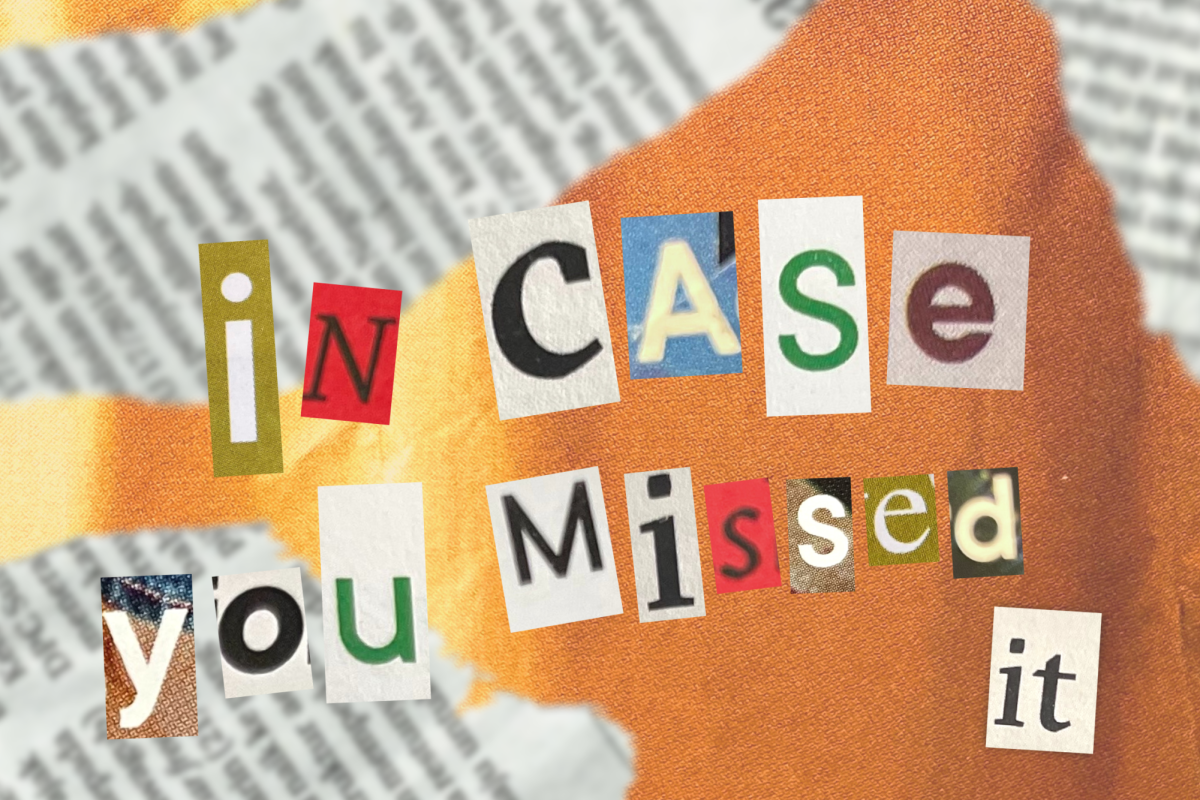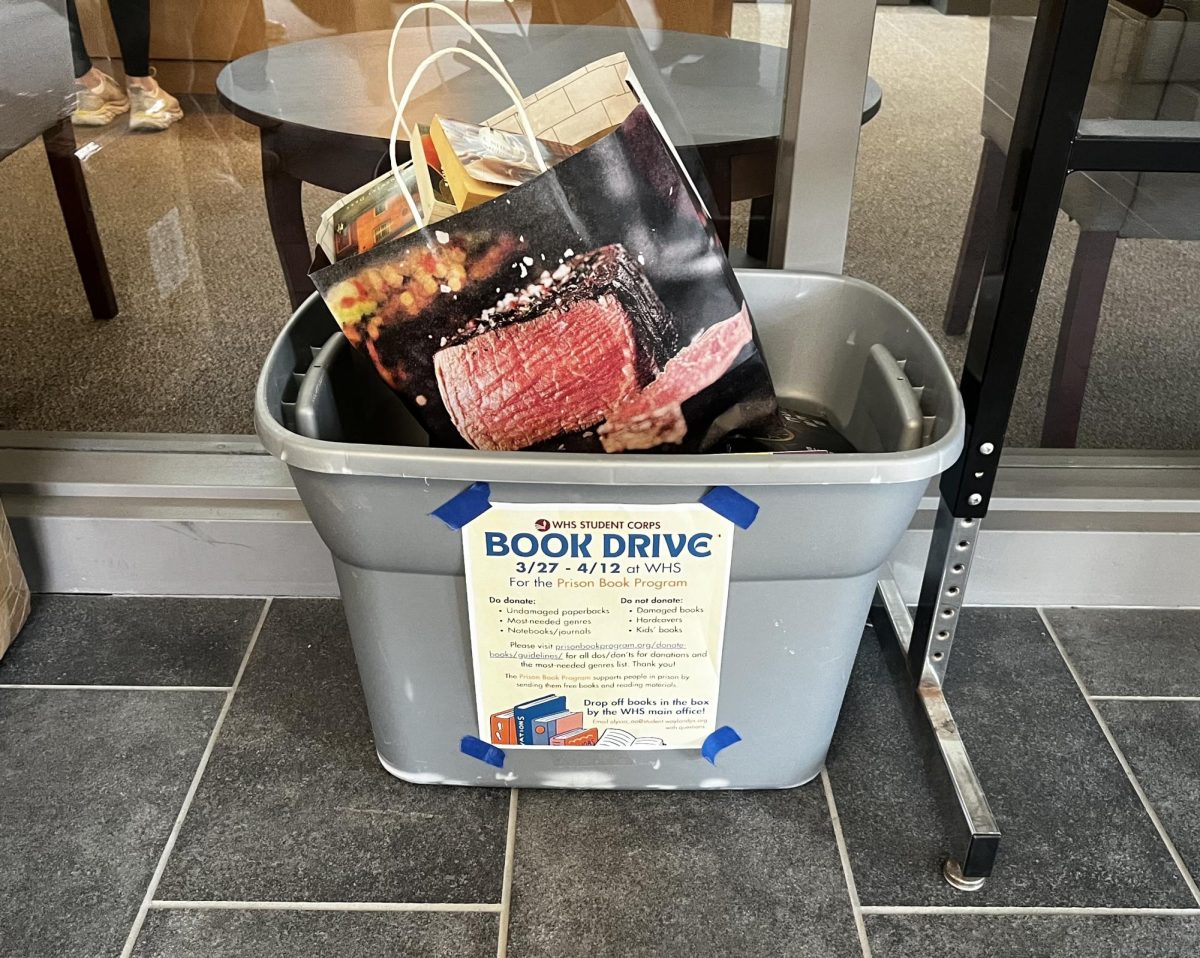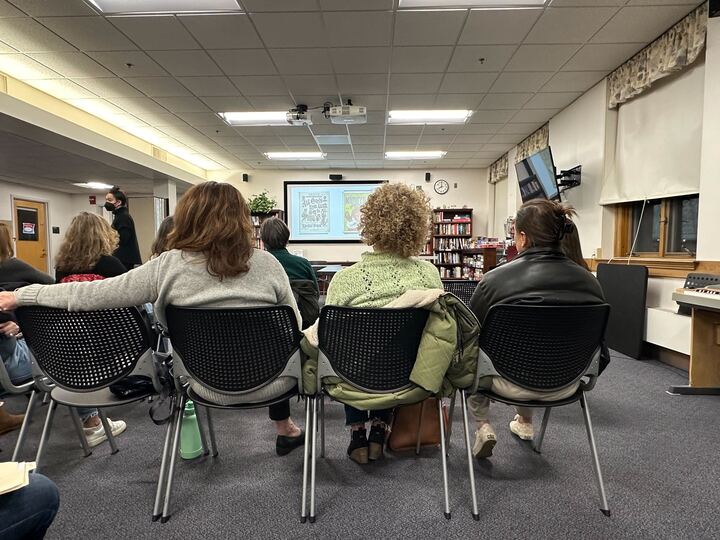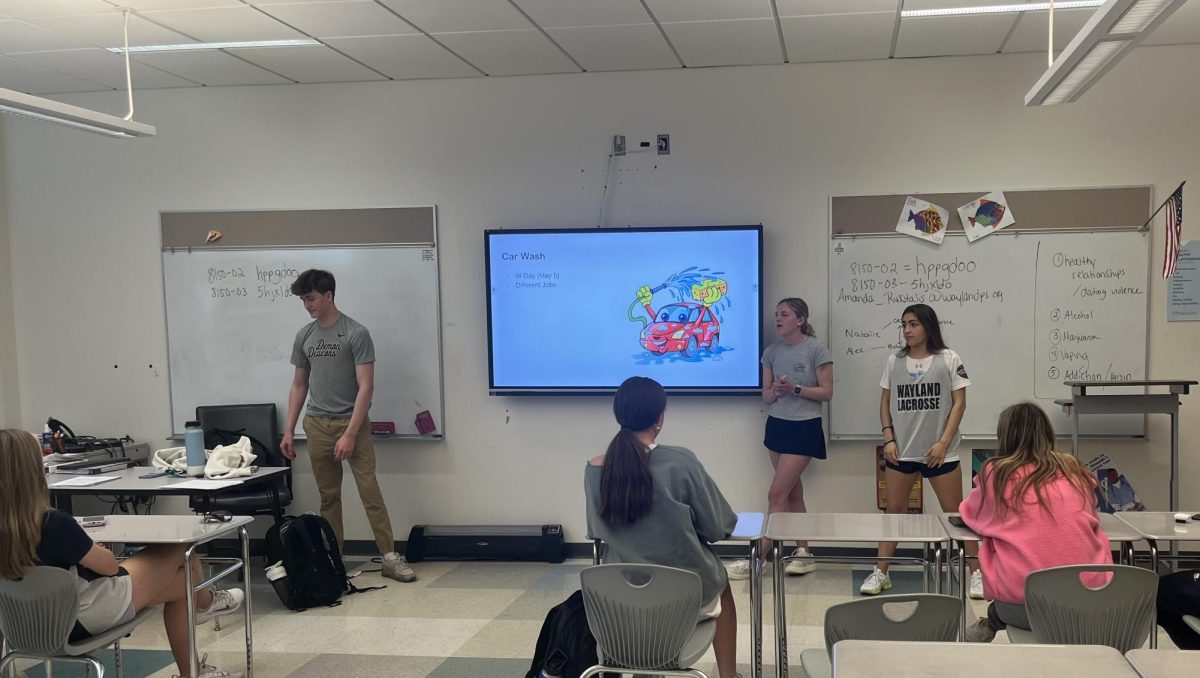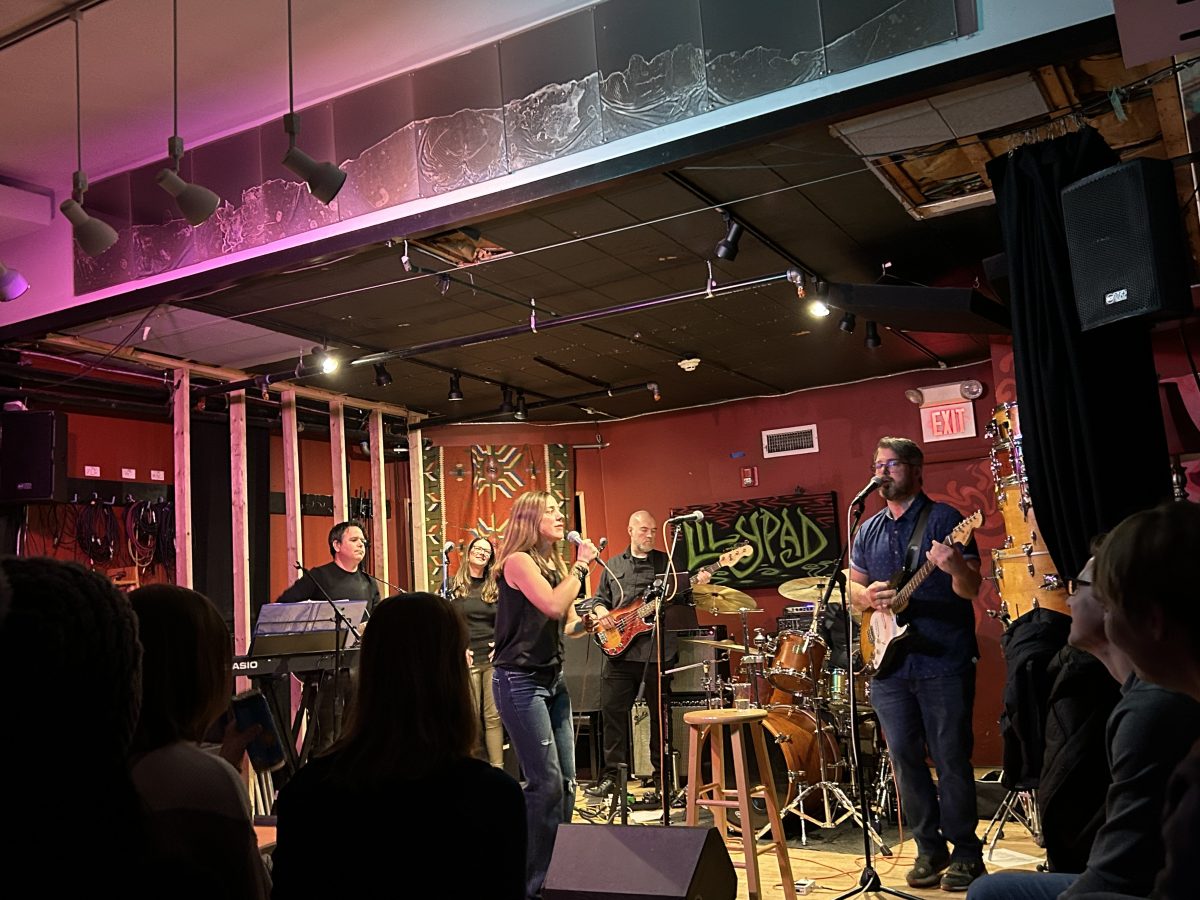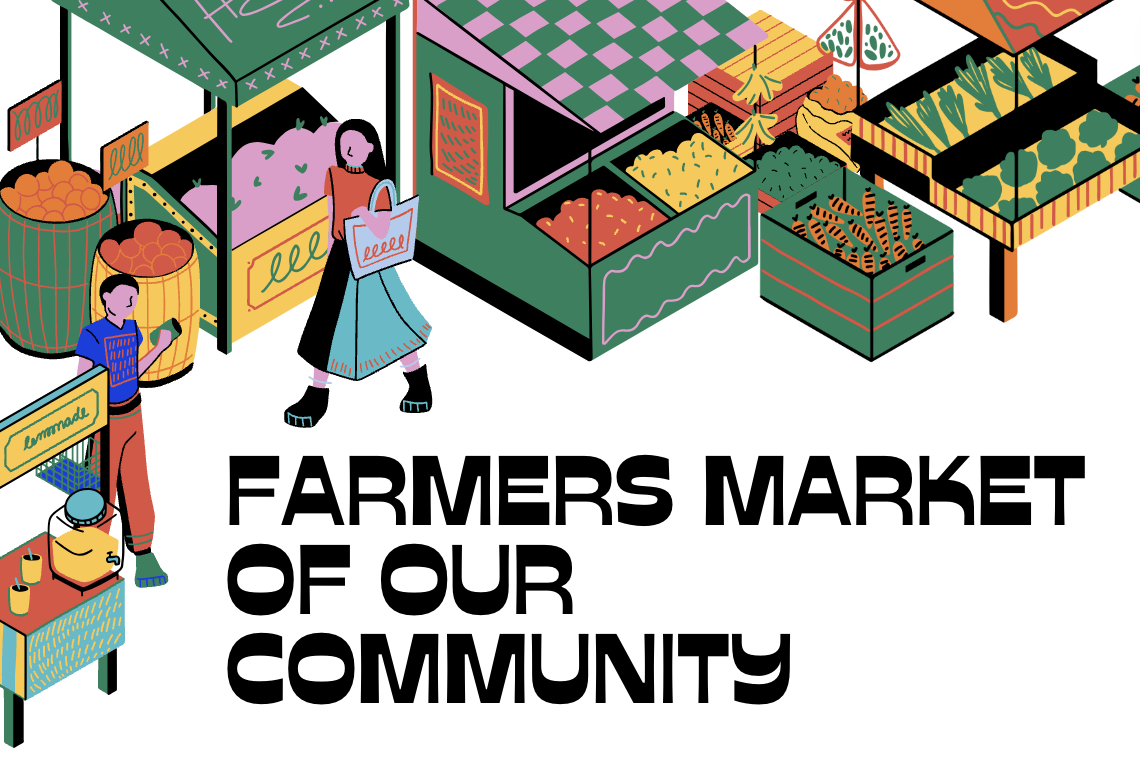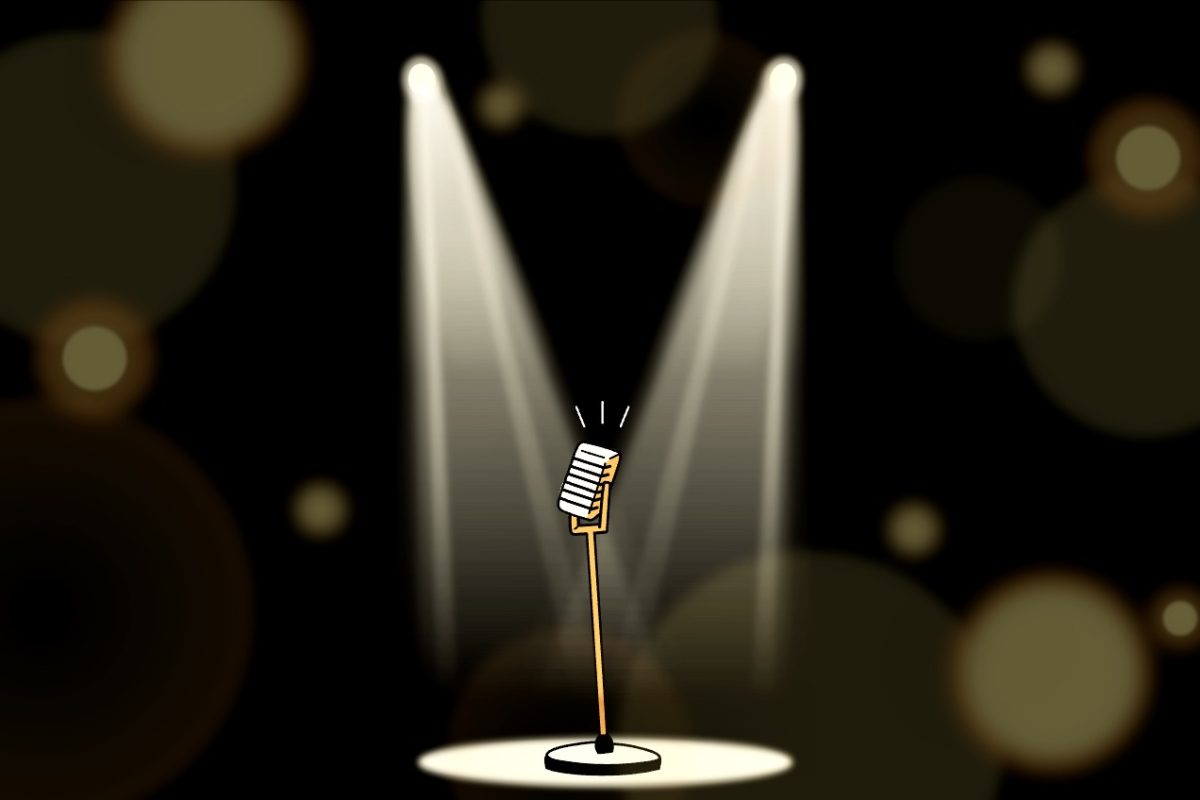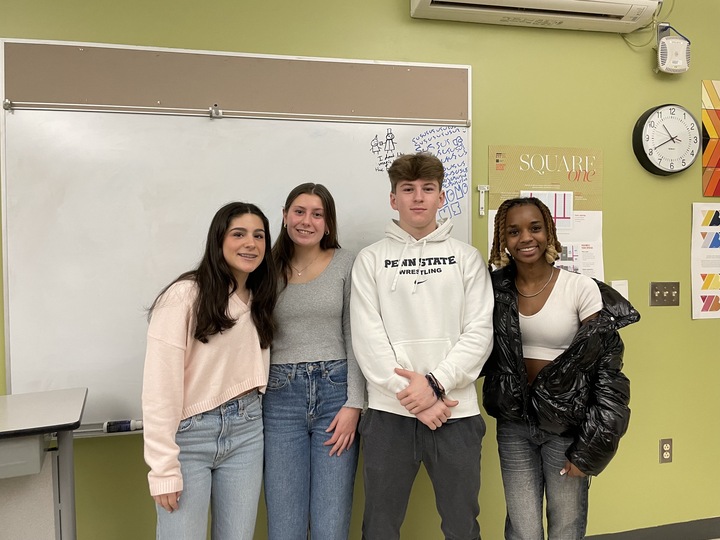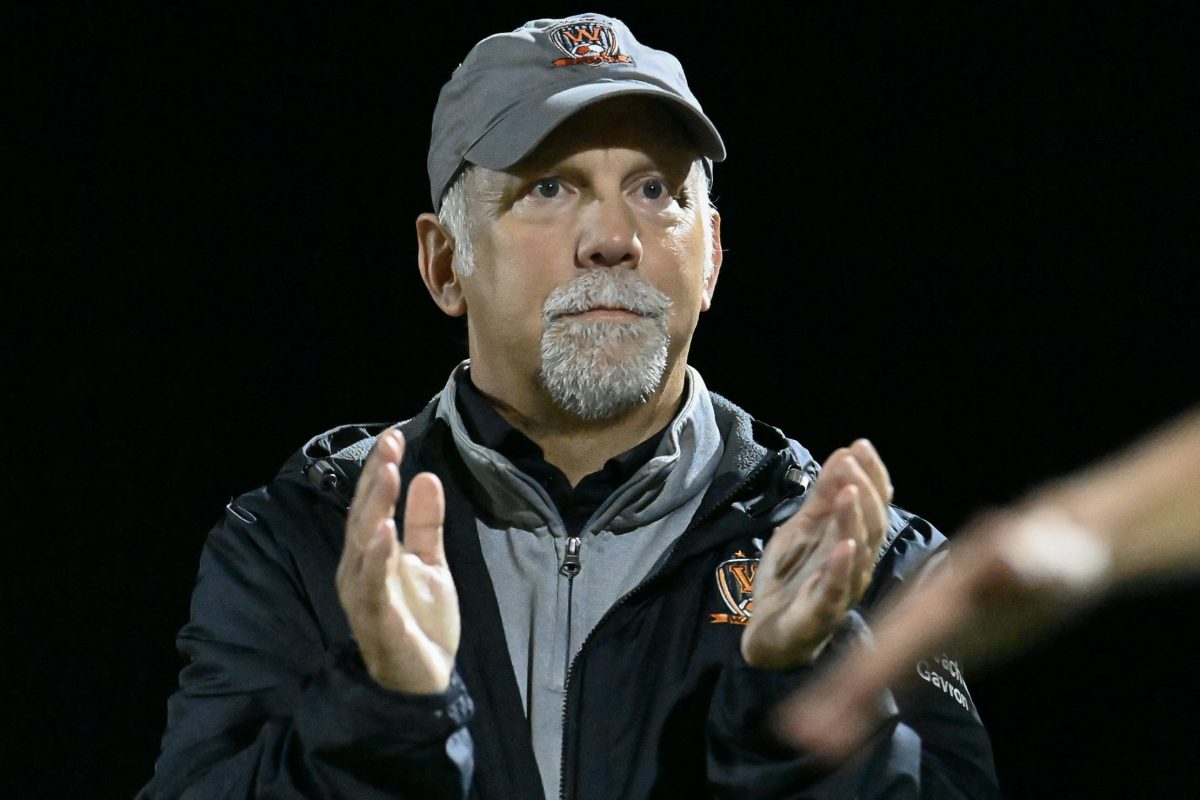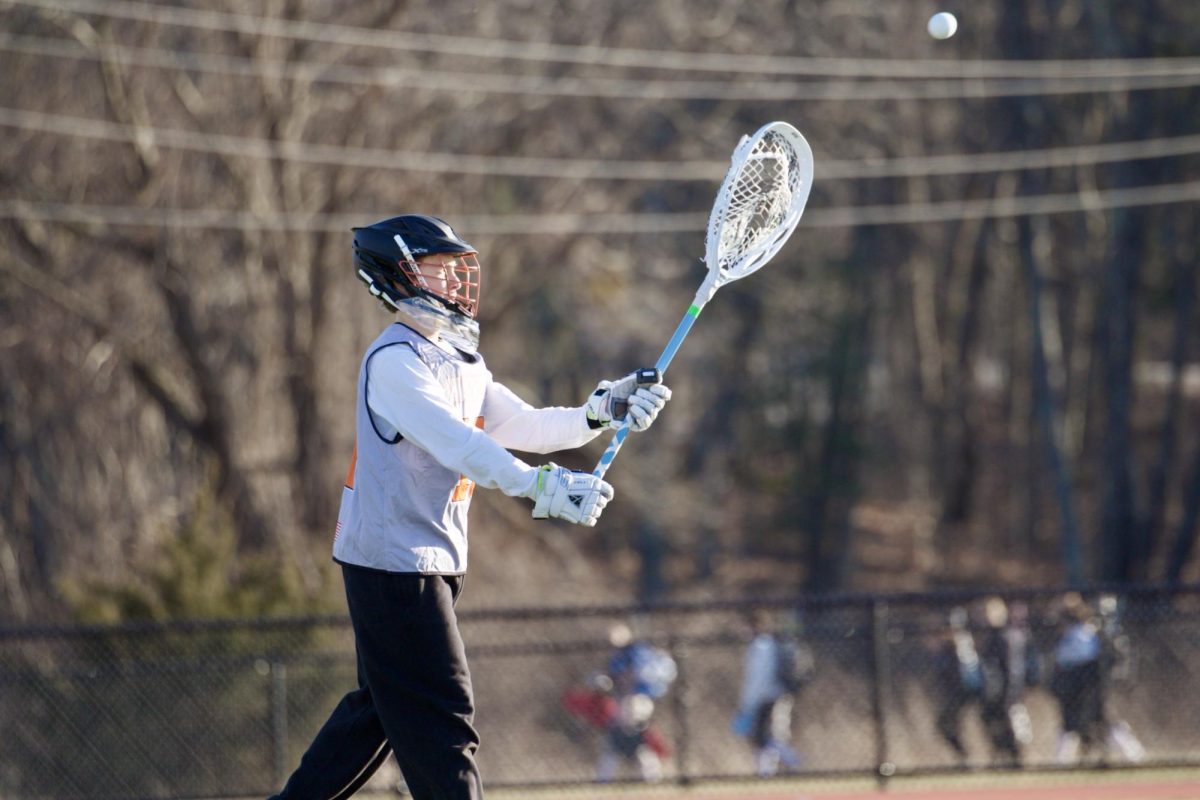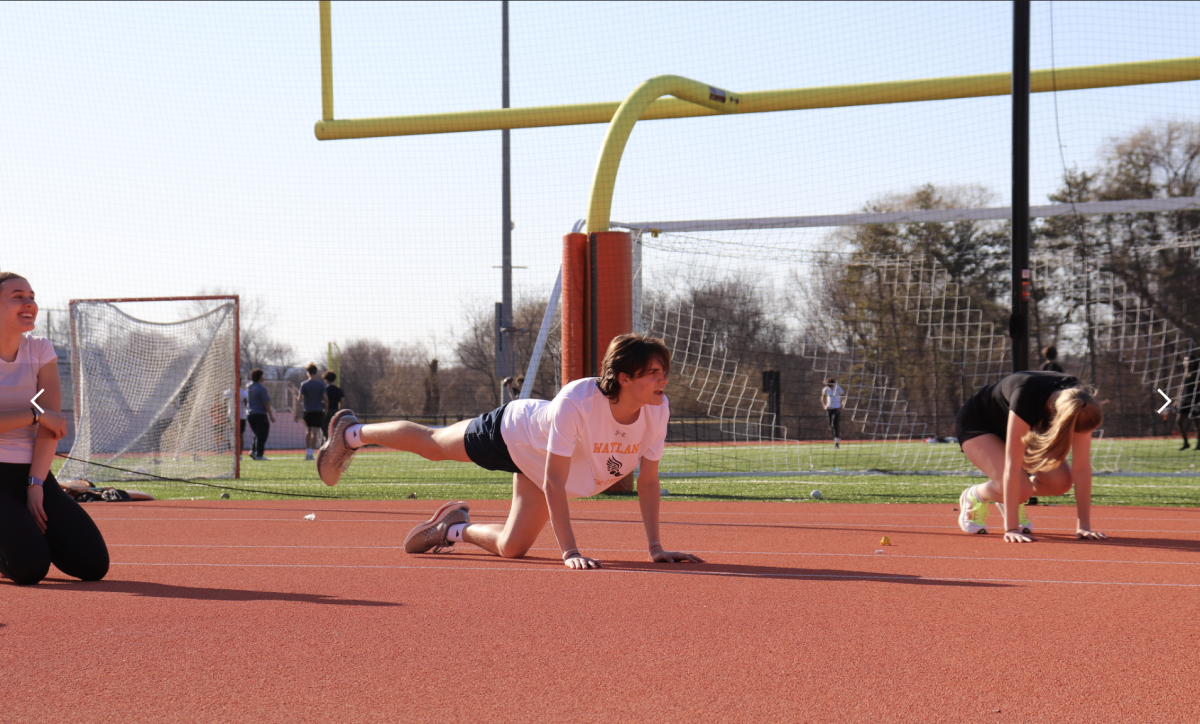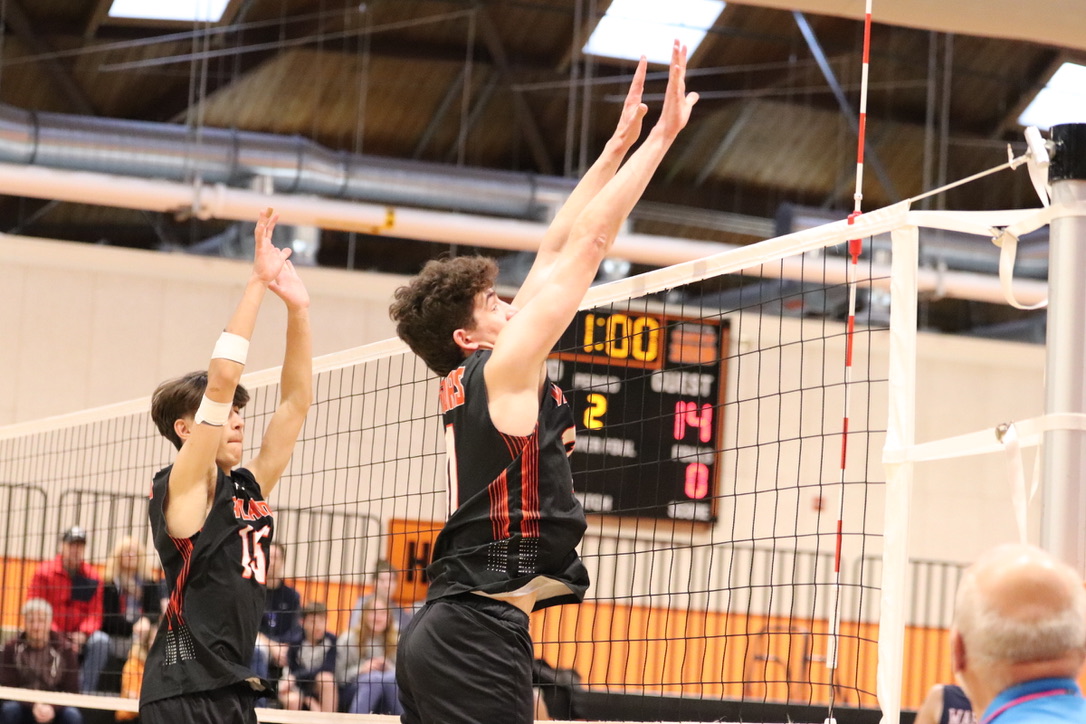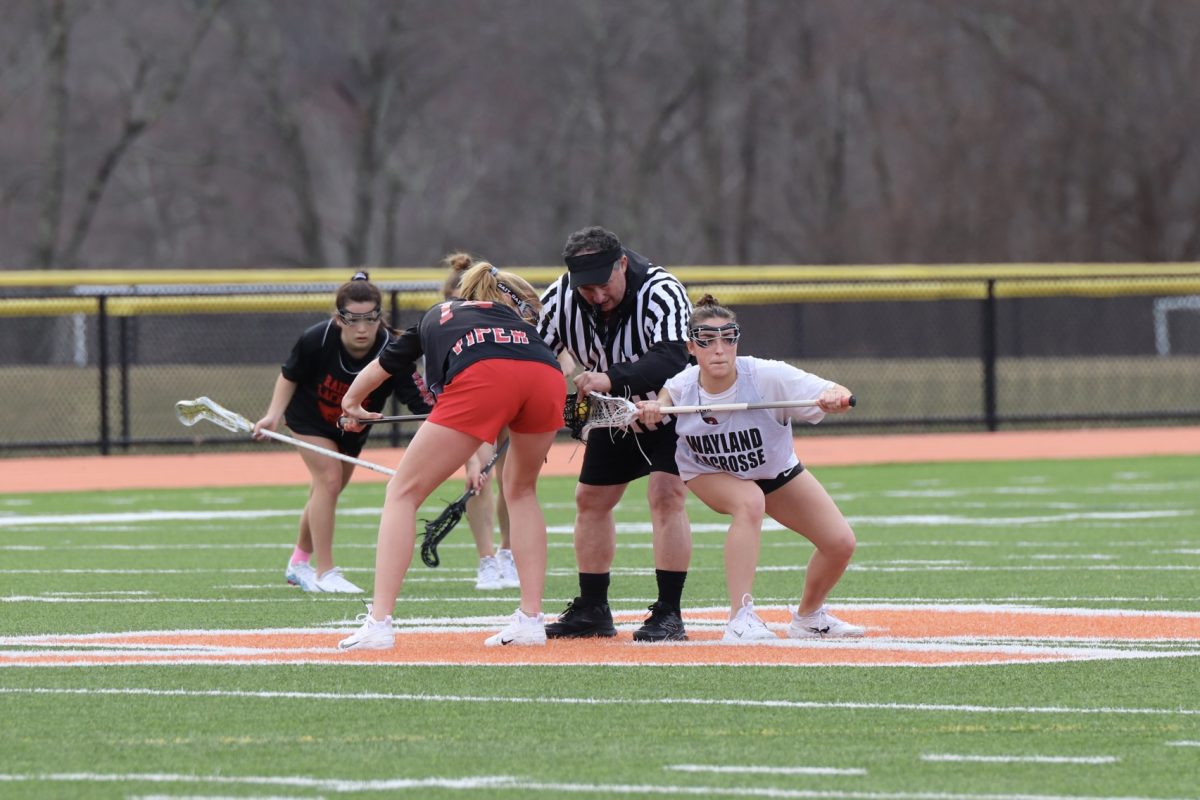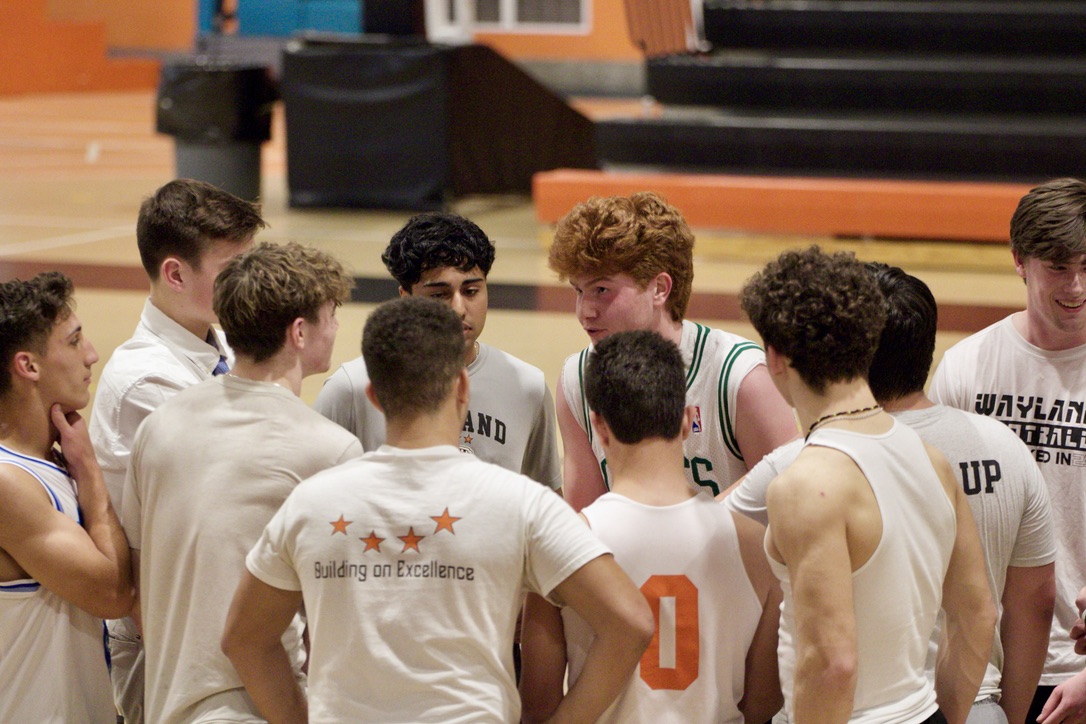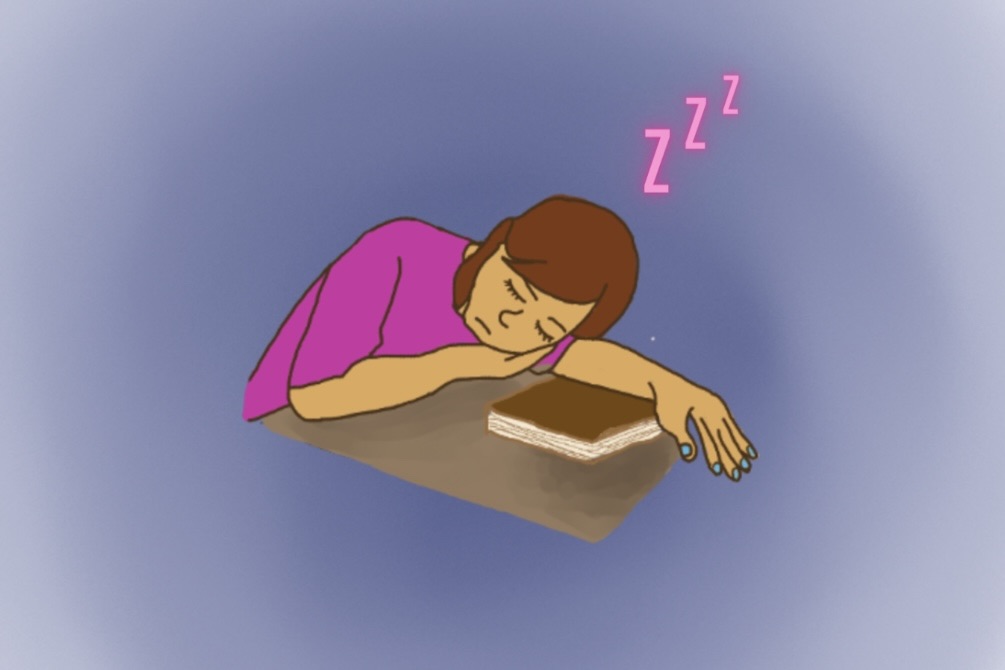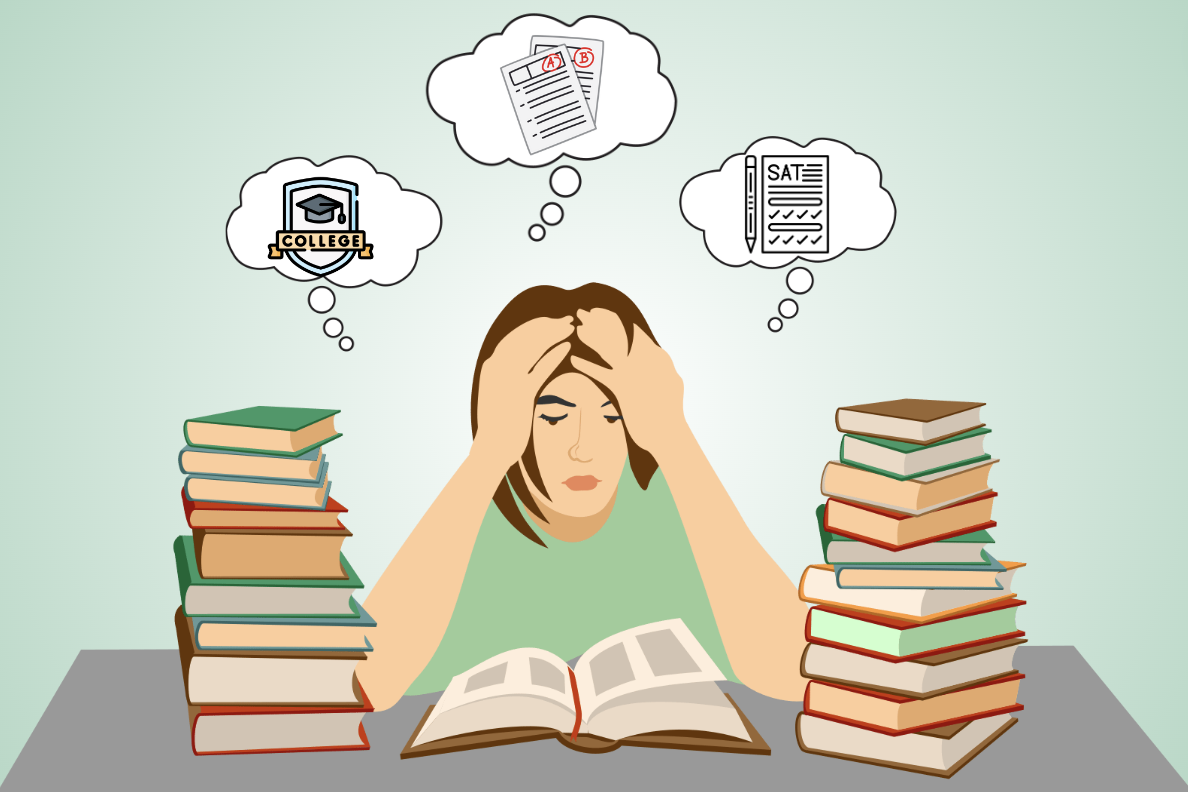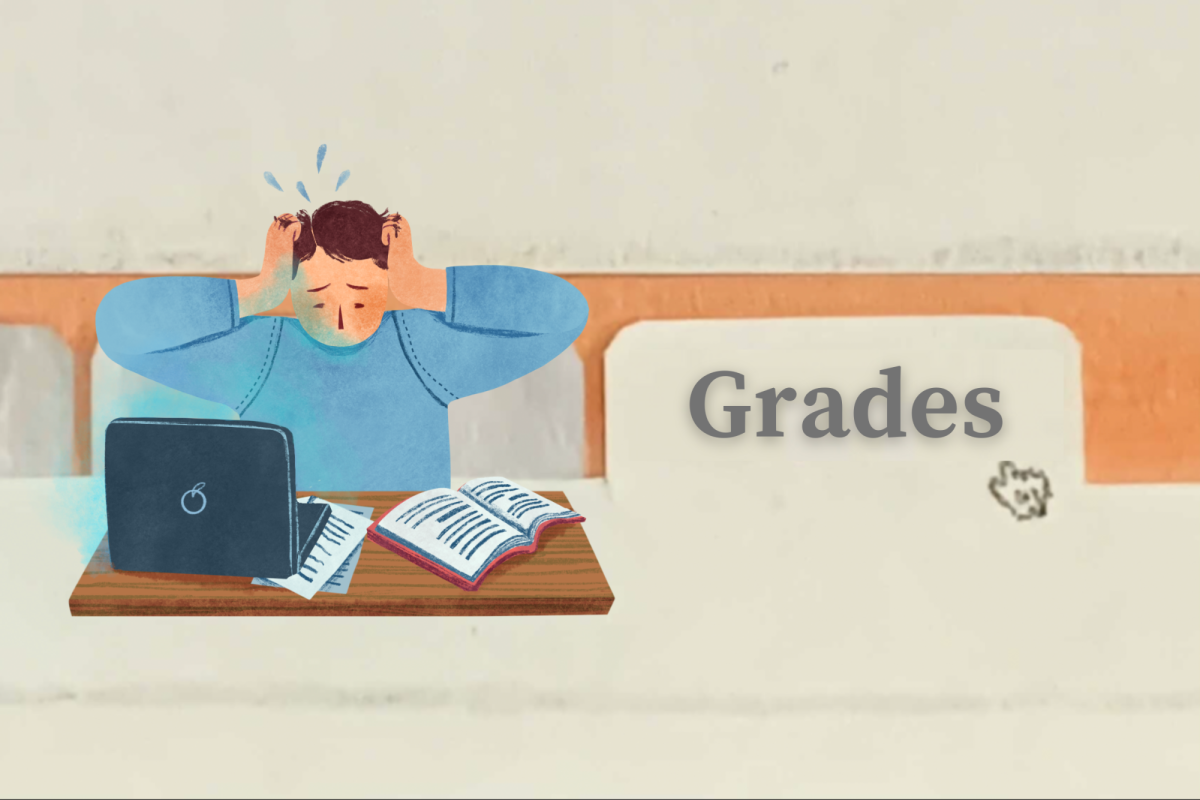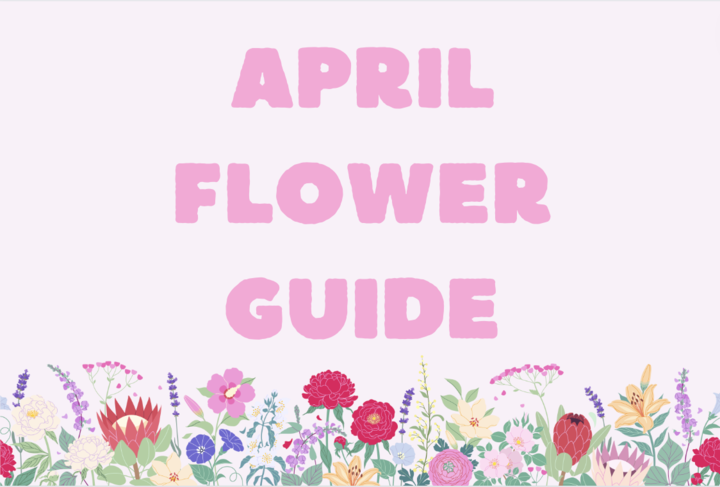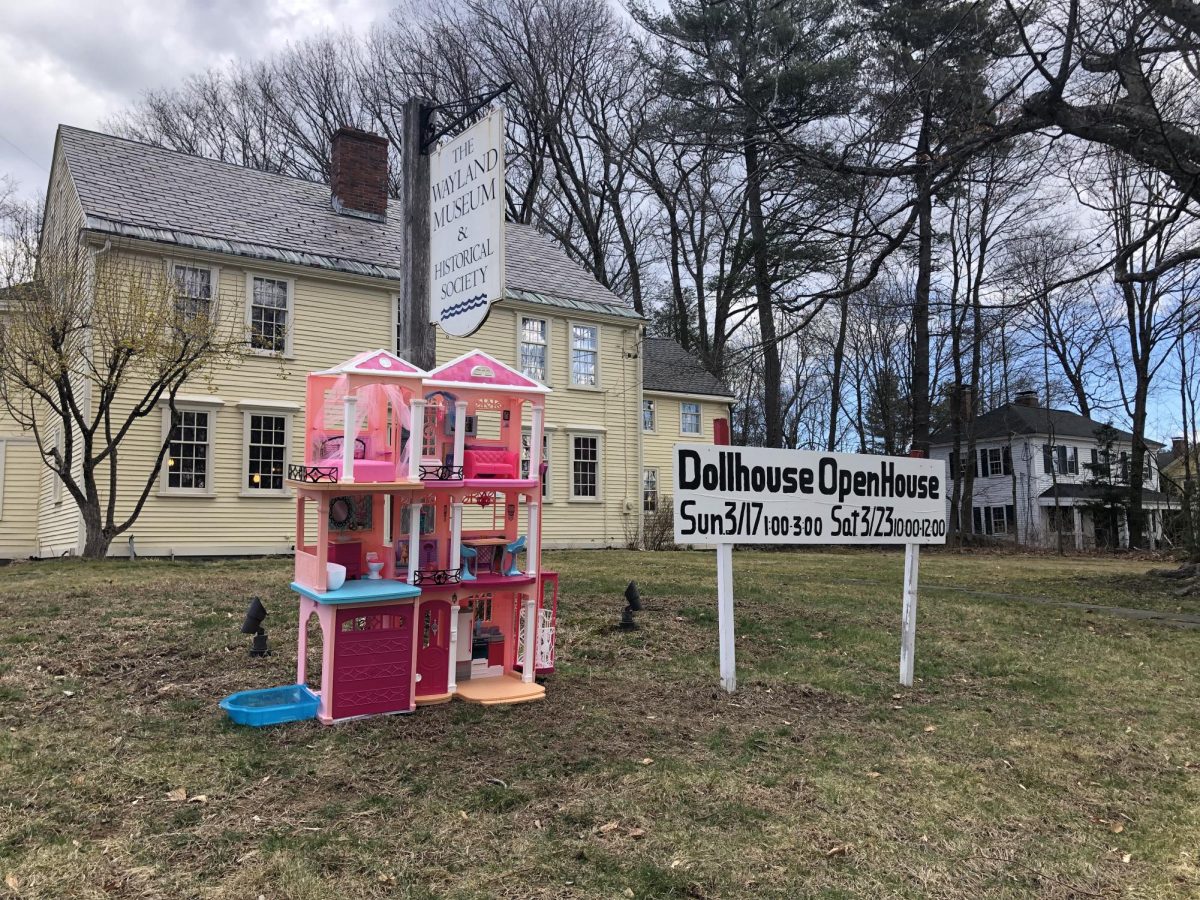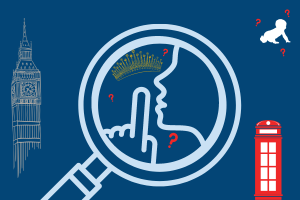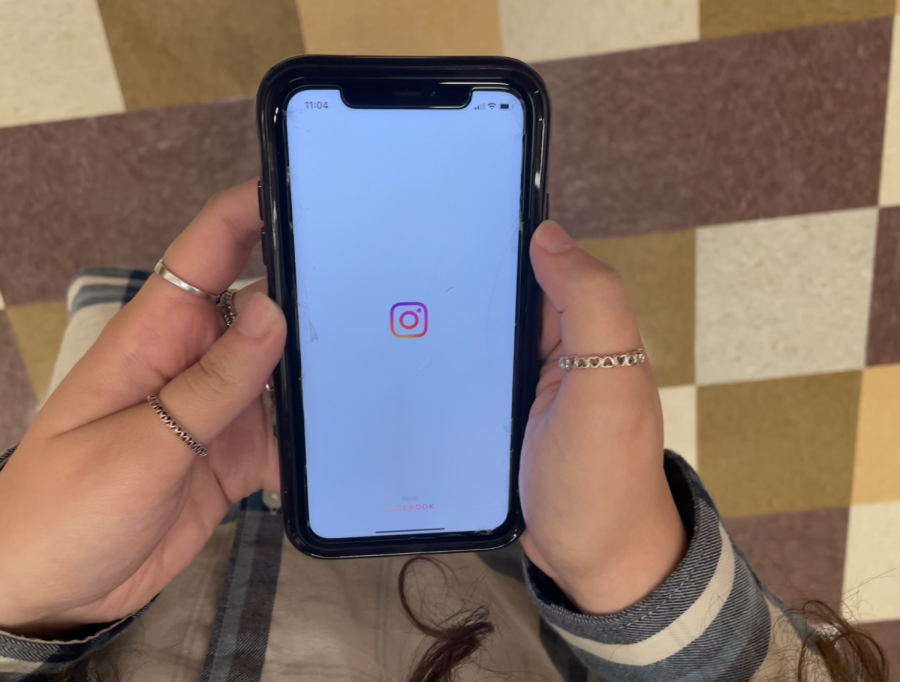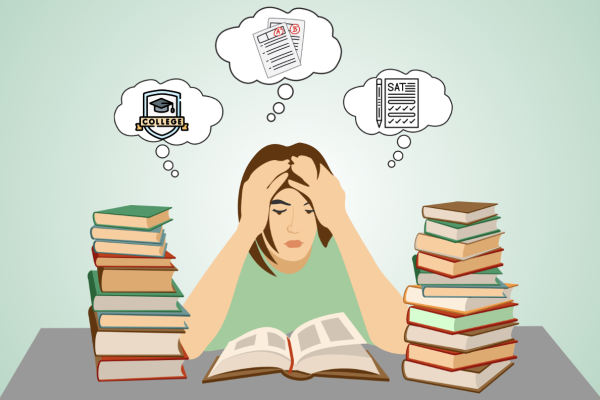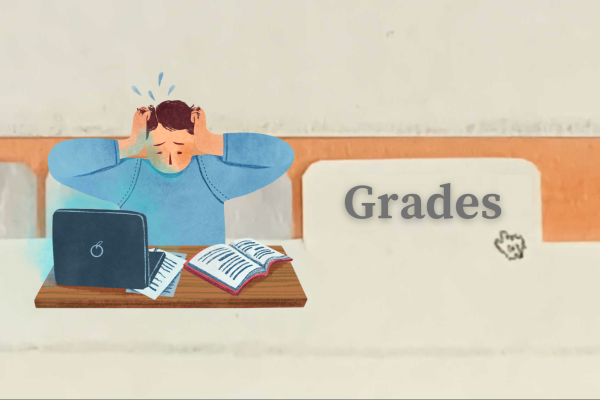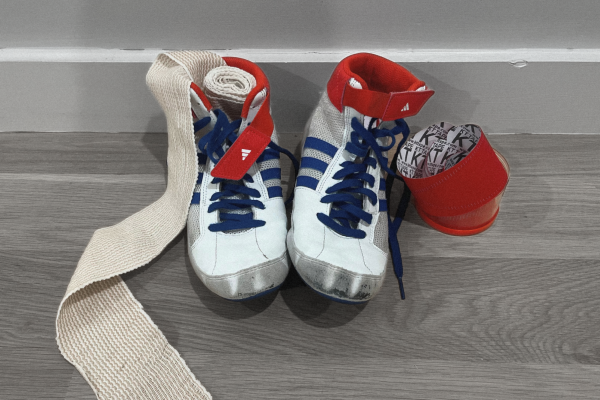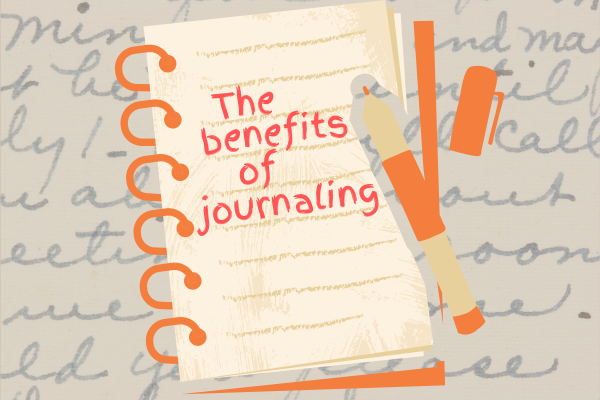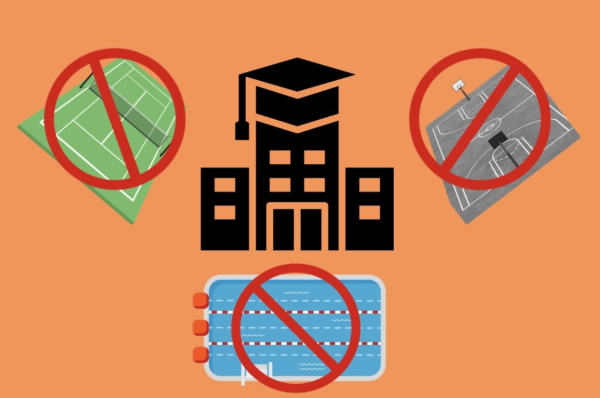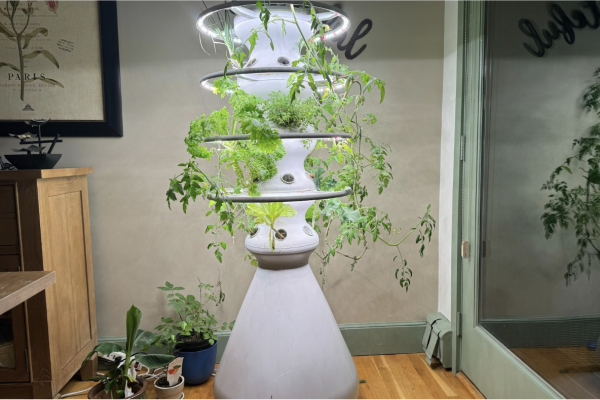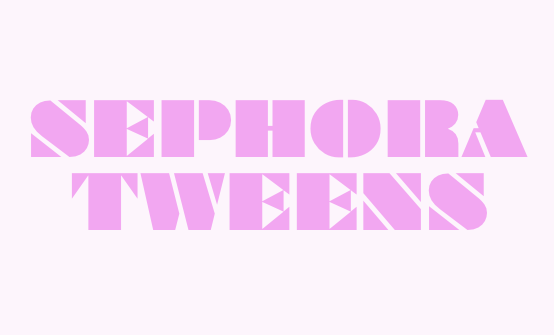Opinion: Instagram needs to do more to protect teen girls
Credit: Genevieve Morrison
WSPN’s Genevieve Morrison discusses Facebook’s role in perpetuating toxic cultures on Instagram.
October 9, 2021
When I was 11, I begged my parents to let me download Instagram. All my friends were using it, and I felt like the odd one out. Unfortunately for me, my mom insisted that I would have to wait. So I bided my time until my 13th birthday. On that fateful morning, I woke up and immediately opened my iPhone 6, rushed to the App Store and hit that glorious “install” button. Suffice it to say, three years later, I have realized that the app is not all it’s cracked up to be. At first, it was fun to see my friends’ posts, but once I exited that little bubble, the novelty quickly wore off. The average user is incessantly bombarded with infuriatingly flawless posts. Everyone from celebrities, models in ads and influencers all seem to possess the perfect look. Eventually, I stopped using the app almost completely because every time I did, I felt horrible about myself. Little did I know, that feeling of insignificance was not only common, but purposeful.
The app is a perfect storm of insecurity. All you see is people with more followers than you, more money than you, all with a perfect white smile and biologically unattainable bodies. Of course, none of it is true. Influencers are constantly exposed for photoshopping photos. When young girls see these lies, they think that it’s not only possible, but normal. All of these teenage female users then feel like they’re the different ones, not realizing that the image they’re comparing themselves to is of a full grown adult.
Most girls I know wouldn’t think of posting a picture of themselves without editing it first. Whether it’s whitening teeth or pulling in your stomach, everyone has something they’d like to change about themselves. These editing tools are easily accessible to young women. When visual perfection is just a click away, can we blame insecure teen girls for taking advantage? At first, it was only models and celebrities who professionally edited their photos. Then, with the inception of cheap editing software, it trickled down to influencers, then average users, to the point where, now, every picture on your feed is doctored, resized and refined to perfection. It’s impossible to tell what’s real.
We can no longer say that Facebook officials are out of touch, oblivious to the harsh cultures persisting in their apps. In an internal research report by two Facebook employees, the company revealed information about the app’s effects on users. Among the findings were two not very surprising statements. The first was that one in five teen girls say Instagram makes them feel worse about themselves, and the second was that teens who struggle with mental health say Instagram makes it worse. As a teen girl, all I have to say is, “yeah”.
What did Instagram do after finding this information? Absolutely nothing. The company became privy to the information in an internal meeting in 2019, and since then has made zero changes to their app that would help mental health, or even apologized. Quite the opposite, they have gone on the defensive. When the Wall Street Journal exposed this information, Facebook added their own annotations to the slides, attempting to manipulate the crystal clear information they spelled out themselves.
Any sane person would take the results of this study to mean that young people should not use Instagram. Facebook has gone in the complete opposite direction, though. After years of knowing this information, they developed a new app, aimed at an even younger audience: Instagram Kids. The app would be for children under 13. Preteens do not need to be anywhere near social media, much less on a platform designated to mimic Instagram. Facebook claims it would be more appropriate than the regular app, but my question is, is it necessary? Kid-focused technology isn’t necessarily a bad idea, but what is a bad idea is a kiddie version of a confirmedly toxic platform. Even if it does work as intended, over time, it will only make younger and younger children vulnerable to the dangers of social media. Instagram Kids will only serve to groom a younger audience of users, guaranteed to download the official Instagram once they come of age.
After coming under fire, the company paused the project. We’re safe from Instagram Kids for now. However, take notice to the word choice. “Paused.” Not terminated, not stopped and not discontinued. You don’t need to be a genius to predict what will happen next. The minute the controversy dies down, Facebook will reinstate the project, and then we’re back to square one. More children will be exposed to more harmful content, earlier.
Social media is a completely new ballgame. The only people who seem to understand the extent of its dangers are the teens being exposed to them firsthand. Therefore, it’s up to us to advocate for change. As much as I would like to control Facebook’s actions, I can’t. Hopefully, they will listen to our calls to action in the future. Until then, though, we can control our own actions. Let’s take a permanent hiatus from Instagram, Facetune, Instagram Kids and any other platform that only serves to harm.

